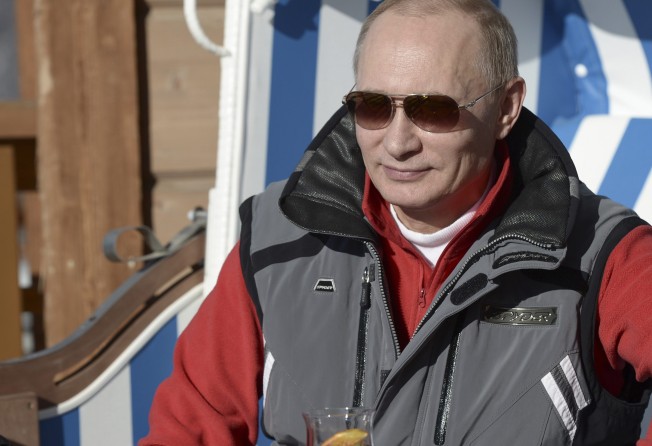US journalist David Satter barred for breaking the law, says Moscow

Russia said yesterday it had expelled a veteran US reporter and scholar, David Satter, because he "grossly violated" the law in a move threatening to further chill Washington-Moscow ties.
The former Financial Times and Wall Street Journal correspondent, who has published three books on Russia and the former Soviet Union, said he was barred from Moscow without an explanation late last year.
The US embassy has filed a formal protest amid mounting criticism of President Vladimir Putin's rights record ahead of next month's Sochi Winter Olympic Games. Satter travelled to the Ukrainian capital, Kiev, on December 5. He reported on mass protests against Ukraine's scrapping of a European Union pact. Satter was told on Christmas Day that his application for a new visa to Russia had been rejected.
"I was told that my presence in Russia, in the view of the security organs, was undesirable. Other than that, no reasons were given," Satter said via e-mail from London. "My belongings are in Moscow, where I have an apartment. But without permission to enter the country, I cannot retrieve them. I would like to return to Moscow to work but cannot do so without a visa. I want the Russians to reverse their decision."
He had also been reporting and providing commentary to RFE/RL's Russian service, in addition to providing interviews and analysis to other news and opinion websites.
"When he was trying to leave Ukraine from covering the protests to come back to Russia, that's when the problems started," RFE/RL spokeswoman Karisue Wyson said.
In December, Satter was notified his visa request was approved, including an official Russian foreign ministry notification number, Wyson said. But Satter was later told by a Russian embassy official in Kiev that his presence in Russia was considered "undesirable" and his visa request was denied, she revealed.
"The competent organs have determined that your presence, on the territory of the Russian Federation, is undesirable," Satter cited the official decision as saying on his Twitter account.
"Competent organs" is a phrase used by Russian authorities to refer to the Federal Security Service (ex-KGB) that Putin led before becoming president.
On RFE/RL's website, president and chief executive Kevin Klose said he considered the use of the term "undesirable" to be the equivalent of declaring Satter "persona non grata" in Russia.
Klose said in a statement: "We (RFE/RL) want nothing more than Mr Satter forthwith to be able to return to Moscow. It is where he has lived and worked since September 2013, advising, reporting and commenting for our Russian Service."